Burkina Faso : Divisive Reconciliatory Process
- Par Eldickson Agbortogo
- 13 Jul 2022 15:03
- 0 Likes
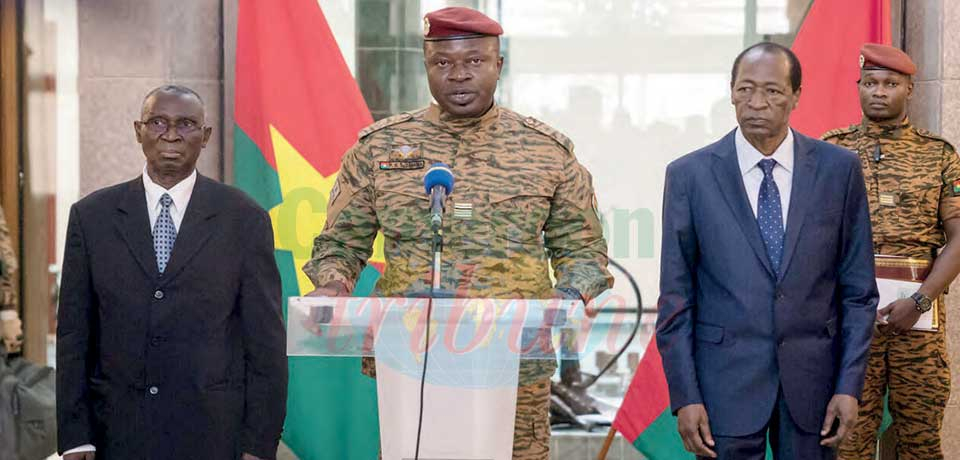
For nearly a decade now, the country has been unstable due to internal squabbles and jihadists threats.
The issue of reconciliation in Burkina Faso does not date today. Before and after the coming to power of the then President Roch Kabore, the idea was already on the table for discussion and accentuated after his re-election for a second mandate in November 2020. His decision to appoint a Minister for National Reconciliation as part of a vow to end the country’s ethnic and political conflicts that are fuelling terrorism in the country as well as resolving the deep-rooted tensions over land and power between the ruling ethnic Mossi and the ethnic Fulani, often labelled as terrorists was also on the menu. For a country where jihadists’ violence has already left more than 1,600 dead and a million displaced since 2015, it is a huge but not an impossible task for the authorities to reconcile the different factions.
Even though ex-president did not fully implement his reconciliatory plan of action that began with consultations at the grassroots, the civil society and opposition parties, the new strongmen Lt Henri Paul Dimba has taken a different option by opening consultations with former Heads of State who according to him have a good knowledge of the prevailing situation. During a summit organised in Bamako last week, only two of the expected six Heads of State were present. The presence of the other four without any official communique, might be a signal of a persistent malaise among the former leaders. But though there are discordant voices on the procedure the reconciliation process should follow, there are unavoidable steps that must be sorted out before opening the chapter of effective reconciliation platform. The search for truth through justice is a vital aspect in bringing all those involved in the assassination of former President Thomas Sankara (1983 to 1987), the 2014 insurrection and the events of Yirgou to book. The different abuses in the fight against terrorism must also be singled out by the military justice and necessary sanctions taken against the culprits. Though for the case of ex-president Sankara, the court verdict is known, the entire nation is still waiting for its implementation.
Knowing very well that in some communities, problems are not always resolved with modern justice, it is absolutely necess...
Cet article complet est réservé aux abonnés
Déjà abonné ? Identifiez-vous >
Accédez en illimité à Cameroon Tribune Digital à partir de 26250 FCFA
Je M'abonne1 minute suffit pour vous abonner à Cameroon Tribune Digital !
- Votre numéro spécial cameroon-tribune en version numérique
- Des encarts
- Des appels d'offres exclusives
- D'avant-première (accès 24h avant la publication)
- Des éditions consultables sur tous supports (smartphone, tablettes, PC)






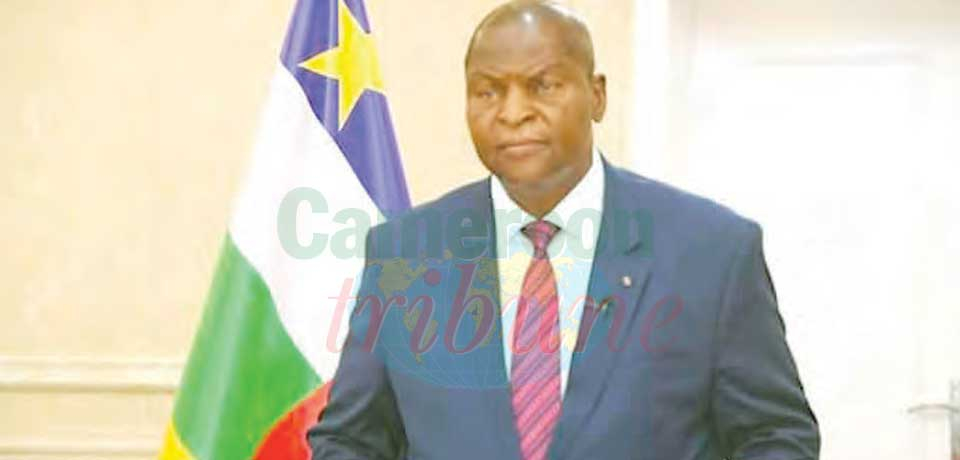
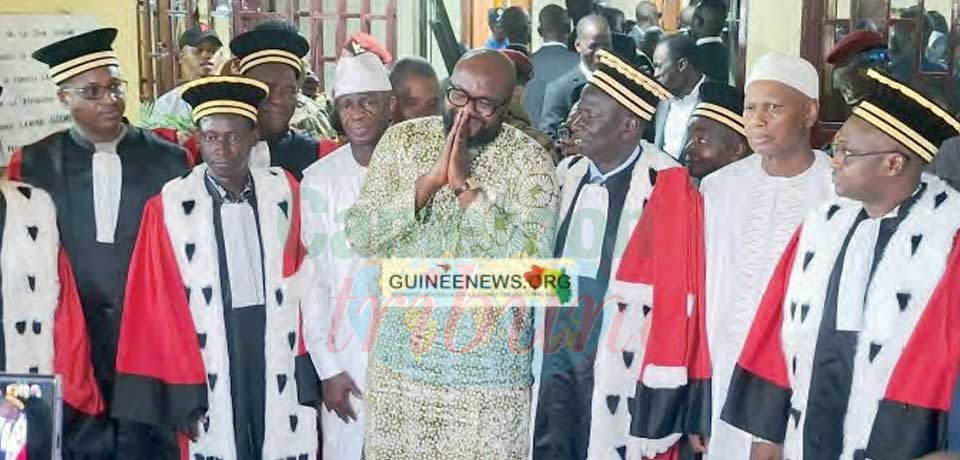
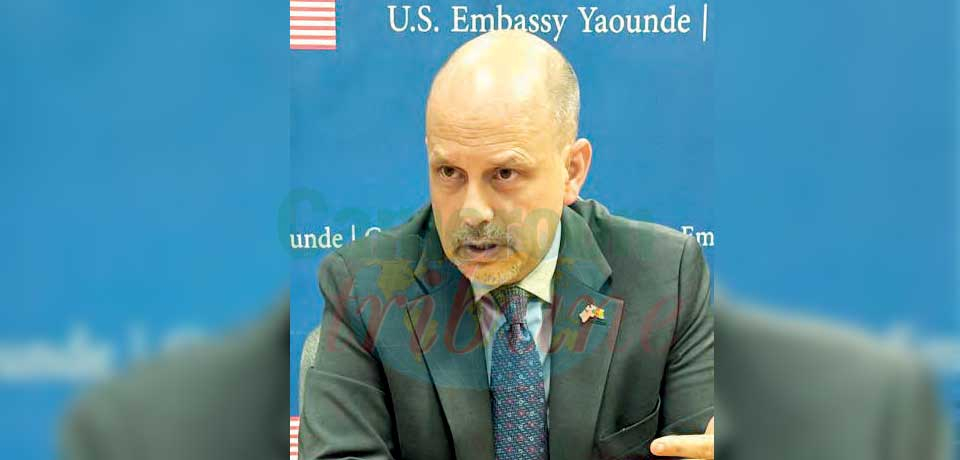
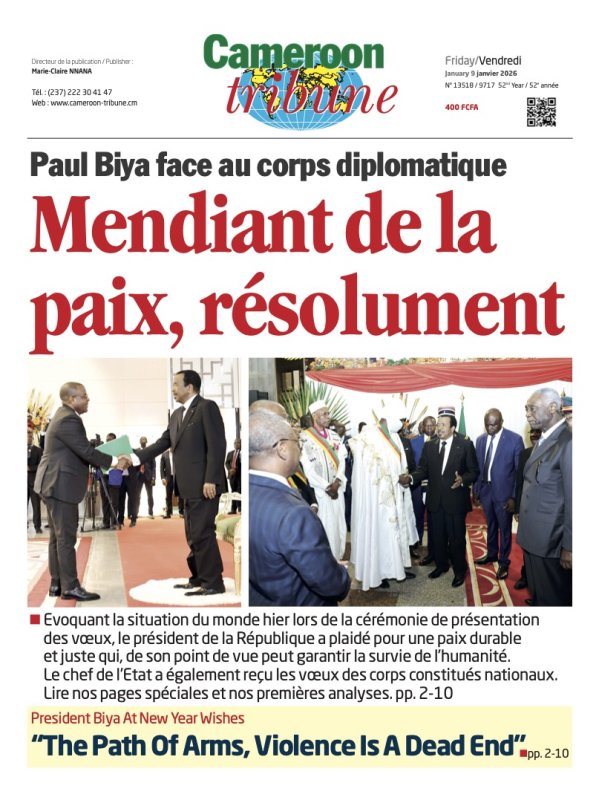




Commentaires